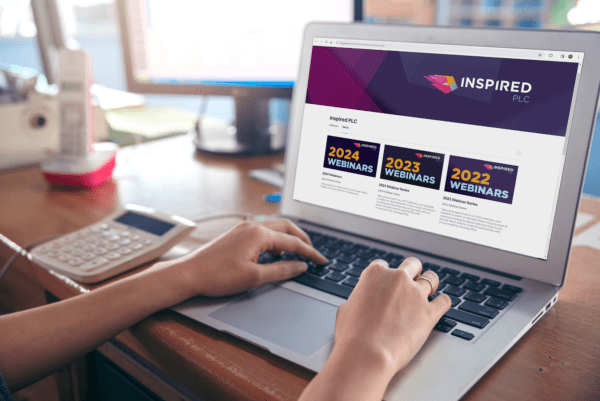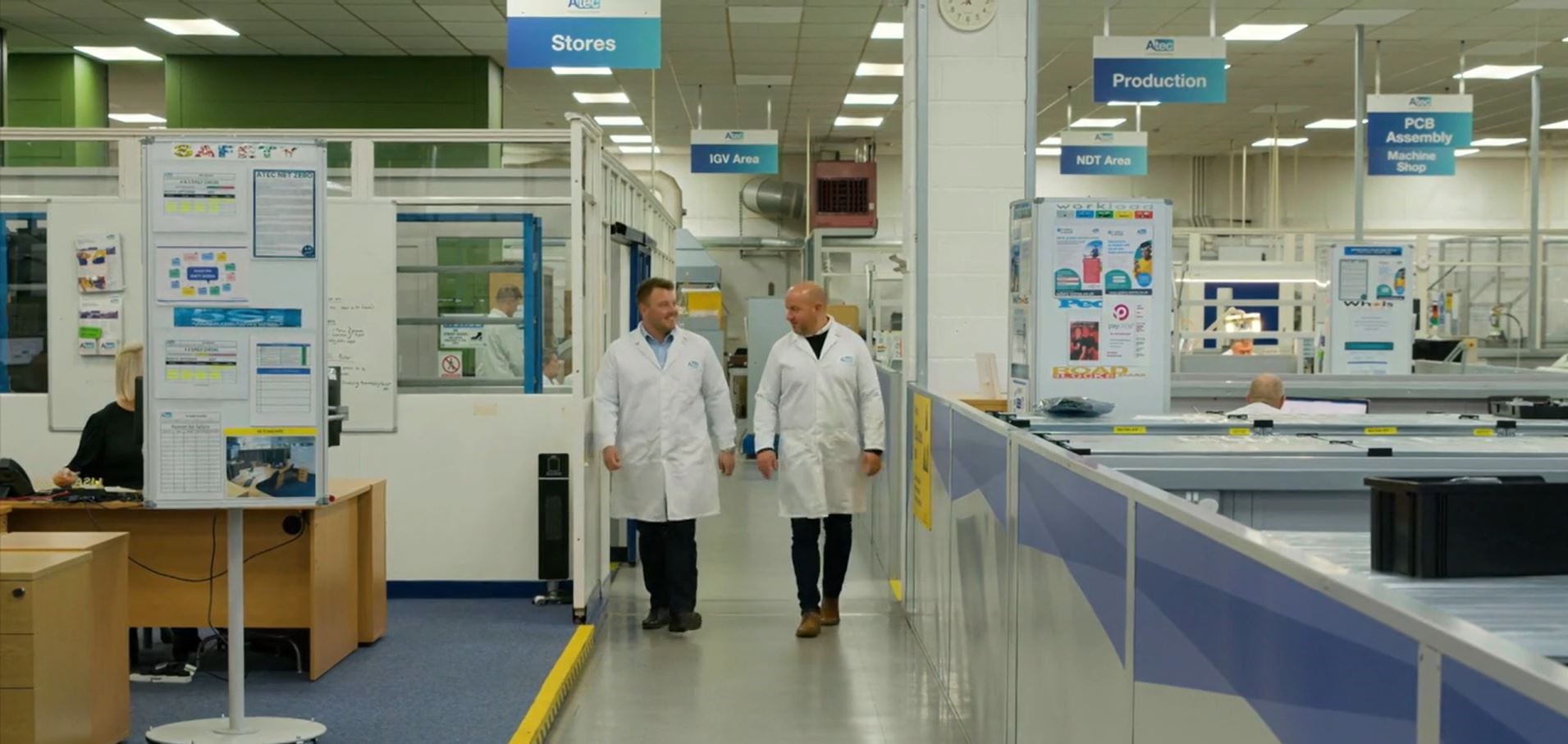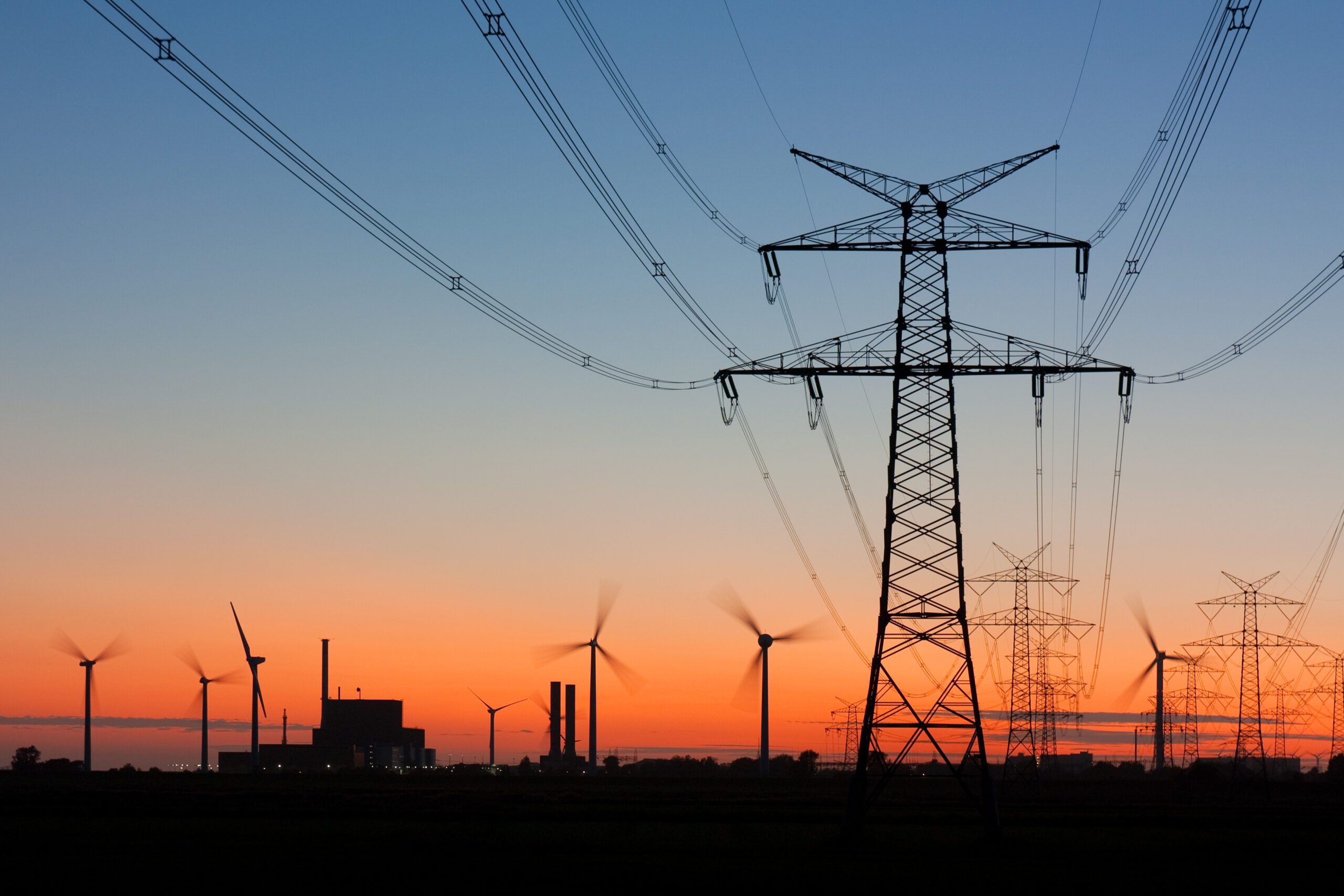
Top four tips on using data to refine your risk management strategy
When reviewing your risk management strategy, our experts recommend that you...
No matter which contract you choose, or whether you decide to opt for a fixed or flexible approach, there will always be an element of risk involved in energy procurement. But with a robust risk management strategy in place, you can ensure that all of your energy purchases are made in line with your organisation’s appetite for risk.
If you’re not regularly reviewing your risk management strategy, however, you could find that it’s not performing as well as it could be. The market is constantly changing, and your business’s objectives and risk appetite may change too, so it’s important to check in regularly. It’s much easier to do this if you have access to market data as well as cost and consumption data for your business, so you can see how your strategy has been performing so far and anticipate any changes you may need to make.
When reviewing your risk management strategy, our experts recommend that you…
- Build a fully delivered cost analysis
First, you need to get to grips with your actual historical energy costs and gain a clear view of your future costs and risks by creating a fully delivered cost analysis. This should show your percentage hedge and your current exposed volume for future periods (which includes any volume that’s being bought on a day-ahead basis or priced on a forward basis). You should also include your mark price, which will be the actual delivered price for historical periods or the expected fully delivered price for future periods.
When creating your cost analysis, you should also plot in the current market price for each of these periods, so that you can see how well your strategy is performing against today’s market.
- Don’t forget about your non-commodity costs
Many businesses make the mistake of only including wholesale energy costs in their cost analysis – but in order to analyse your fully delivered costs, you must include your non-commodity costs too. Non-commodity costs now account for around 60% of business energy bills, so failing to factor these into your analysis could mean your risk management strategy is based on inaccurate figures.
As wholesale costs are (at the time of writing) currently backwardated (cheaper in the future than at present), for example, any cost analysis you create today based purely on your commodity costs could make it seem as though your energy costs will fall over the coming years. However, non-commodity costs are rising rapidly – in 2015, the average business customer was paying around £43/MWh for their non-commodity costs, but by 2020 the average price businesses were paying had almost doubled at £92-93/MWh. With non-commodity cost changes on the horizon, such as the removal of Triads in 2023, we’re expecting non-commodity costs to rise further in the next 5-10 years – which means you can expect to see your energy bills increase, too. It’s therefore vital to include both sides of your bill in your cost analysis.
- Look to the future
Once you’ve created a fully delivered cost analysis, you should have a clear view of your expected costs for the duration of your supply contract. With this data in hand, you gain valuable insight into the years ahead that you can use to inform your risk management strategy today.
You may currently be planning for your year one budget, but you can use your cost analysis to look ahead and determine whether your strategy is set to perform in line with your expectations. If you’re set to achieve parity, for example, and you decide that this isn’t a bad outcome in the current volatile market, then you may be willing to take a bit more risk within-year and have a heavier hedge going into the second year.
- Factor in market volatility
Volatility has become the new normal in the energy market. Both gas and electricity prices were broadly stable from 2010 – 2015, with the difference in a good price and a bad price ranging around £5/MWh and 5p/th respectfully. However the following five years (2016 – 2021 have seen significant peaks and troughs, and are currently rising. Since 2016, we’ve seen both 10-year highs and 10-year lows cyclically, yet despite significant highs, the average price over the period is broadly the same, what’s changed is the spread of pricing, now with the worst price being as much as 100% more expensive than the best. Clearly, the energy market has changed dramatically in the past few years – so if your risk management strategy hasn’t changed in that time, it could be outdated.
In a volatile market, there’s a much broader scale of what’s ‘good’ and what’s ‘bad’ when it comes to your risk management strategy’s performance. There’s a greater risk that your business could be left paying higher prices, but there are also more opportunities for you to secure lower prices for your energy. This makes perfecting your risk management strategy rather complex, as you need a strategy that will enable you to manage risk while also enabling you to seize opportunities as the market presents them.
In this market, then, you may want a longer-term flexible contract, as this will give you extra time to perform your risk management strategy and assess its success. If you leave your contract renewal to the last minute, however, you’ll be tied to purchasing with the market at that time, which could mean you’re stuck paying higher prices. So make sure you’re securing your next contract long before your current contract is due for renewal – we recommend signing a contract up to 12-24 months in advance of your renewal date to give your business the best opportunity to achieve an optimum price.
Expert support to optimise your risk management strategy
We know that many businesses are keen to reduce their energy buying risk in the current environment but creating a fully delivered cost analysis and accessing the market data you need to optimise your risk management strategy can be complex.
That’s where our expert support can make a real difference – our risk management specialists will work with you to understand your business’s appetite for risk and refine your strategy to ensure that it’s performing for your organisation. To find out more about how we can help you to manage energy procurement risk, call us on 01772 689 250 or email [email protected].










